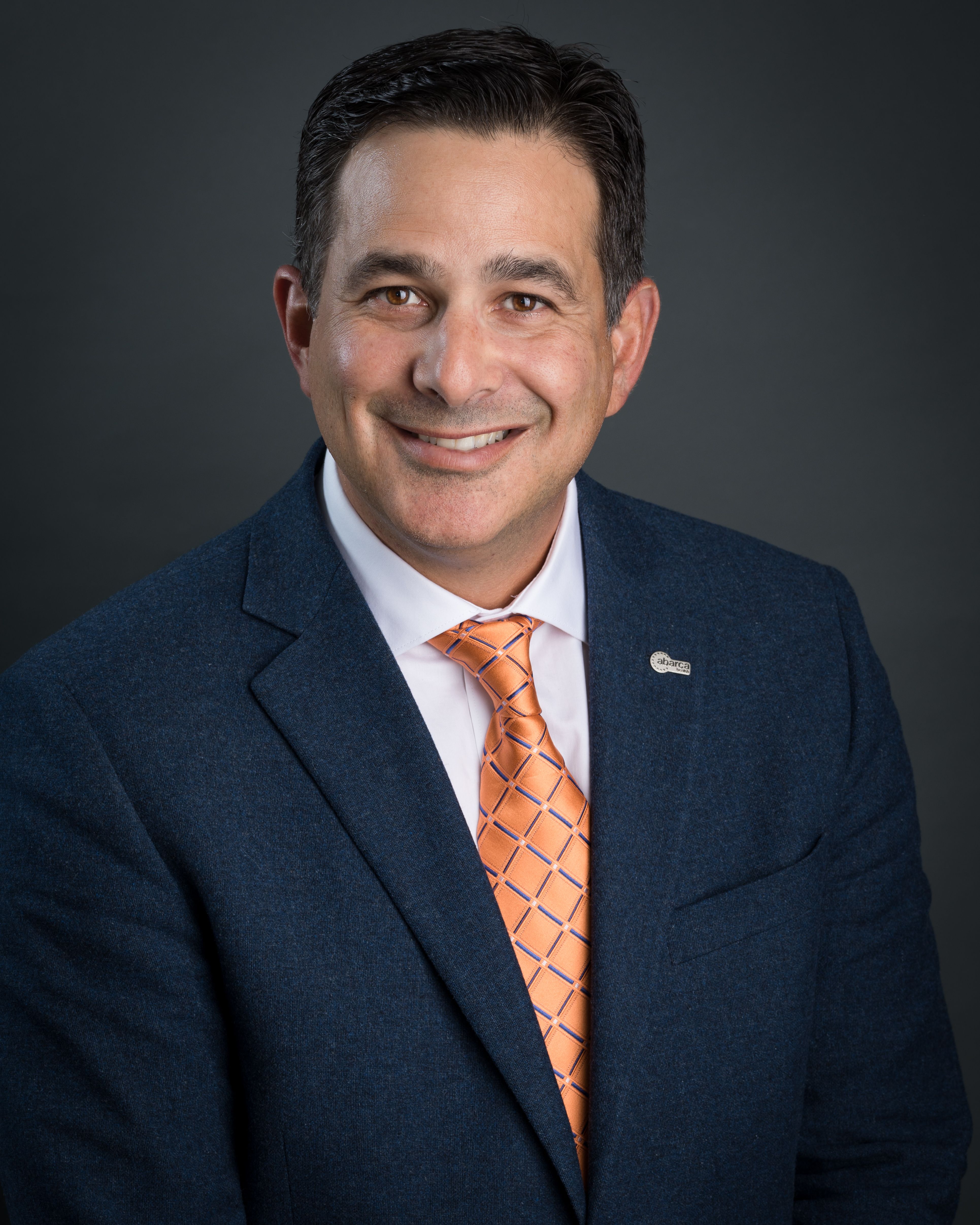- Safety & Recalls
- Regulatory Updates
- Drug Coverage
- COPD
- Cardiovascular
- Obstetrics-Gynecology & Women's Health
- Ophthalmology
- Clinical Pharmacology
- Pediatrics
- Urology
- Pharmacy
- Idiopathic Pulmonary Fibrosis
- Diabetes and Endocrinology
- Allergy, Immunology, and ENT
- Musculoskeletal/Rheumatology
- Respiratory
- Psychiatry and Behavioral Health
- Dermatology
- Oncology
A PBM that Takes on Financial Risk
Javier Gonzalez, Pharm.D., Abarca’s chief growth and commercial officer, talks about Assura, the PBM’s net cost pricing solution, which provides more predictability to drug costs and guarantees an annual fixed cost.
A new pricing model launched by Abarca provides clients with a guarantee: if the PBM does not meet its net cost targets for drug claims, including specialty, it will cover any overages.
Javier Gonzalez, Pharm.D.

Abarca had been challenged by one of its clients, First Medical Health Plan, a plan in Puerto Rico with 275,000 covered lives, to find another way to manage spending on specialty drugs and bring more predictability to their cost trend, Javier Gonzalez, Pharm.D., Abarca’s chief growth and commercial officer, said in an interview.
To meet the challenge, Abarca developed Assura, a new model that guarantees the net cost for all drugs, including specialty medications. The guarantee is adjusted each year based on drug benefit coverage changes. The model also provides for Abarca to pass along the acquisition costs of medications; the PBM charges an administration fee and retains the rebates.
In the first year of a three-year contract, Abarca has met its cost trend guarantees, Gonzalez said. “We did use the rebates to pay down the reconciliation payments, which we do on a quarterly basis,” he said. “The business model that we’ve implemented is working for both parties. We’re still doing the analysis, but the interim results show that we’re hitting our targeted milestones in terms of what we were expecting, and we’re holding our client to a less than 4% increase in their net costs in pharmacy.”
The consulting and actuarial firm Milliman conducted an independent review and found that Abarca’s reconciliation process and the calculations and methodologies used to deliver the net-cost guarantee were appropriate. “We have confirmed that the arrangement did allow the plan to cap its average per script drug cost at the targeted amount. In addition, based on our review, we believe the arrangement provides transparency and predictability while including a straightforward methodology for reconciliation,” Milliman said.
Into the second year of the contract, projections indication that Abarca will meet the forecasted guarantee.
And while the projections for the cost guarantee do take into account the utilization management efforts already put in place by First Medical Health Plan, Gonzalez stressed they are not shifting drug utilization or predicting future utilization to meet the cost target.
“We’re guaranteeing the drug mix and taking on the risk for that drug mix, and that doesn’t include many caveats,” he said.
The only exception, Gonzalez said is for drugs with a cost of more than $1 million. These are best managed through other payment models, such as stop loss, for example. “There’s an unpredictability in the number of patients that could be eligible for these therapies,” he said.
The pricing model used with First Medical Health Plan could be attractive to other plans and clients. “This could work for midsize plans with 25,000 to 1 million covered lives that may not have big pharmacy staff or that have been dependent historically on outsourcing all their utilization management programs and capabilities to traditional PBMs,” Gonzalez said.
Payers Recognize the Benefits, but Still See Weight Loss Drugs through a Cost Lens
April 12th 2024Jeffrey Casberg, M.S., R.Ph., a senior vice president of clinical pharmacy at IPD Analytics LLC, a drug intelligence firm that advises payers and pharmaceutical companies, talks about how payers are thinking about weight-loss drugs.
Humira Biosimilars Have a Slow Uptake, Finds Samsung Bioepis Report
April 8th 2024Caps on Medicare Part D cost sharing as a result of the Inflation Reduction Act, could reduce members’ financial incentive for switching to a biosimilar, suggests the newest Samsung Bioepis Quarterly Biosimilar Market Report.
